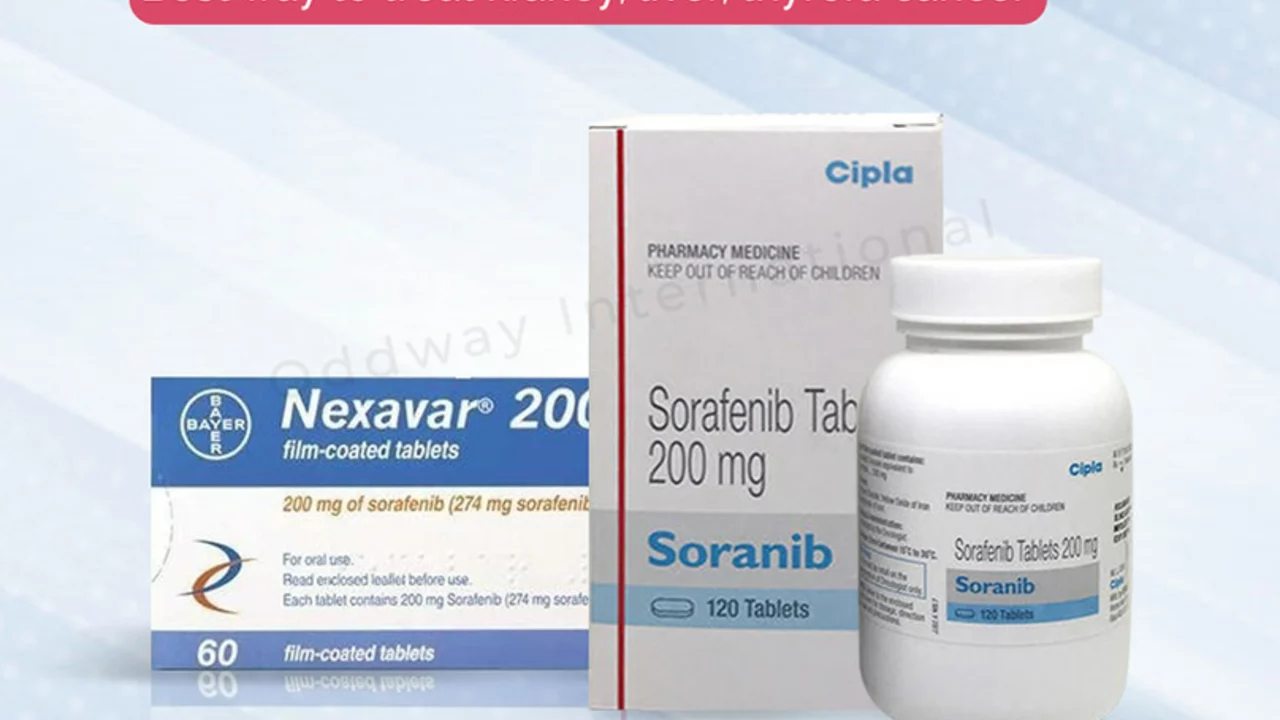Breakthrough Cancer Treatment: What’s New and What It Means for You
New cancer treatments are changing how doctors fight the disease. You’ve probably heard buzzwords like immunotherapy, CAR‑T, and targeted drugs. These aren’t just fancy names — they’re options that can work when older approaches don’t. This page breaks down the main breakthroughs and gives clear, practical steps you can take if you or a loved one faces cancer.
What the big breakthroughs are
Immunotherapy wakes up your immune system so it finds and kills cancer cells. Checkpoint inhibitors (examples you might see in news) block signals that cancer uses to hide from immune cells. For some cancers, these drugs can shrink tumors and slow growth.
CAR‑T therapy is a cell therapy where doctors take your T cells, reprogram them in a lab to attack cancer, and put them back. It’s already helping people with certain blood cancers. It’s complex, but for the right patient it can be powerful.
Targeted therapies focus on specific genetic changes in a tumor. If a tumor has an EGFR, ALK, BRAF or other mutation, a matching drug can stop that cancer’s growth without hitting healthy cells as hard.
PARP inhibitors and antibody‑drug conjugates are newer tools. PARP inhibitors help in cancers with DNA repair problems. Antibody‑drug conjugates deliver chemo directly to cancer cells, lowering side effects versus regular chemo.
How to use this information right now
Ask your oncologist about molecular testing. A tumor test can reveal mutations or markers like MSI‑high that point to specific treatments. If testing hasn’t been done, gently ask why and whether it makes sense for your case.
Consider clinical trials. Trials offer access to cutting‑edge therapies and often cover costs you’d otherwise pay. Use ClinicalTrials.gov or talk to your care team about nearby studies that match your tumor type and test results.
Get a second opinion, especially if you’re told there are no standard options left. Different centers specialize in different treatments; a specialized center may offer CAR‑T or experimental targeted drugs.
Think about side effects and logistics. New treatments can have unique risks — immune reactions, blood issues, or organ inflammation. Ask how side effects are monitored, where you’ll be treated, and what emergency plans exist.
Don’t ignore cost and support. Ask social workers about financial help, patient assistance programs, and transportation. Many hospitals and nonprofits help with paperwork and coverage questions.
Finally, stay realistic but hopeful. Breakthroughs are real, but they don’t work for everyone. Use testing and expert advice to find options that fit your diagnosis, and keep asking questions until you feel confident in the plan.
If you want, I can help find patient resources, explain specific therapies like CAR‑T or PD‑1 inhibitors, or show how to search for trials that match a diagnosis.
- Colin Hurd
- Jun, 26 2023
- 20 Comments
The breakthrough cancer treatment: Exploring the benefits of sorafenib
I recently came across an incredible breakthrough in cancer treatment involving a drug called sorafenib. This targeted therapy has shown promising results in treating various types of cancers, including liver and kidney cancer. Sorafenib works by blocking the growth of cancer cells and cutting off their blood supply, effectively slowing down or stopping tumor growth. The benefits of this treatment include fewer side effects compared to traditional chemotherapy and the potential for improved survival rates. I can't wait to see how further research and development of sorafenib will continue to revolutionize cancer treatment for patients worldwide.

